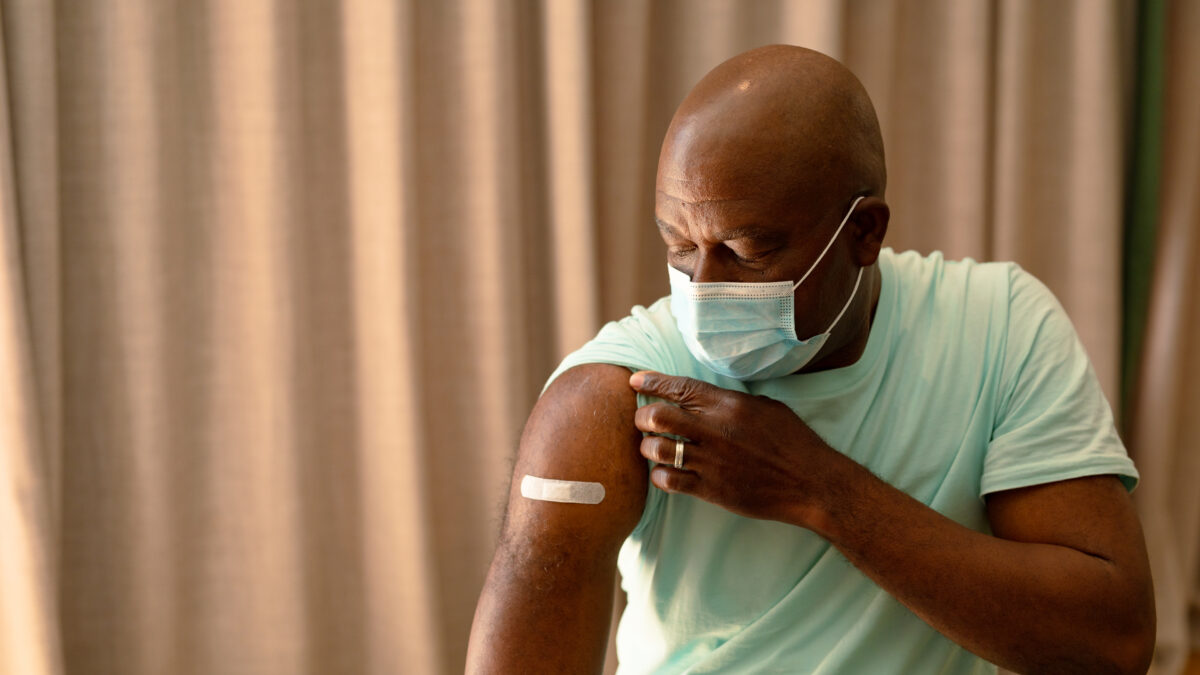Cases of congenital syphilis have surged over the past decade, increasing tenfold since 2012. The condition, which can cause severe health complications or even death in newborns, is largely preventable.
Task Force Recommends Stronger Screening Guidelines
The crisis, according to the U.S. Preventive Services Task Force, can best be addressed with early syphilis screening for all pregnant mothers. That advice came in an “A” grade draft recommendation, underscoring the effectiveness of early detection in preventing serious outcomes.
Screening for syphilis – a sexually transmitted infection – during the first prenatal visit allows for prompt treatment of the mother, vastly reducing the risk of transmission to the baby.
Reducing Mother-to-Child Transmission Saves Lives
Syphilis is highly treatable in both adults and infants. If antibiotic treatment for pregnant women is completed 30 days before delivery, the risk of congenital syphilis in the newborn is dramatically reduced. Up to 10 days of antibiotics and hospitalization may be required for infected newborns.
It’s important that expectant mothers get tested and treated, because left unaddressed, congenital syphilis can result in lifelong disability, seizures, severe anemia, and death even in infancy. Heartbreakingly, these cases account for nearly 100 stillbirths annually.
Disparities in Care Worsen the Crisis
Not all communities are affected equally. Black, Hispanic, Native American and Alaska Native mothers are up to eight times more likely to have babies with congenital syphilis compared to white mothers. Inadequate access to care accounts for much of this disparity.
Not only are cases of syphilis in adults higher in these communities, but socioeconomic barriers to quality prenatal care may cause those cases to go undetected, putting both mother and child at risk.
Unfortunately, more than half of cases of congenital syphilis occur in babies born to people who tested positive during pregnancy, but who did not receive adequate treatment to clear the infection. When treatment is started promptly, no differences in recovery rates between races are observed.
Stopping the Surge Requires Swift Action
Addressing these disparities requires increasing access to serologic testing and treatment, particularly in underserved areas and among uninsured patients. In addition to prenatal screenings, community health advocates and case managers play a key role in assuring that patients in need are connected with appropriate services.
Likewise, expanding awareness about the condition and encouraging expectant mothers to inquire about testing and treatment are also critical to turning the tide.
With early detection and proper intervention, most cases of congenital syphilis can be prevented, protecting both newborns and their parents from devastating harm.




